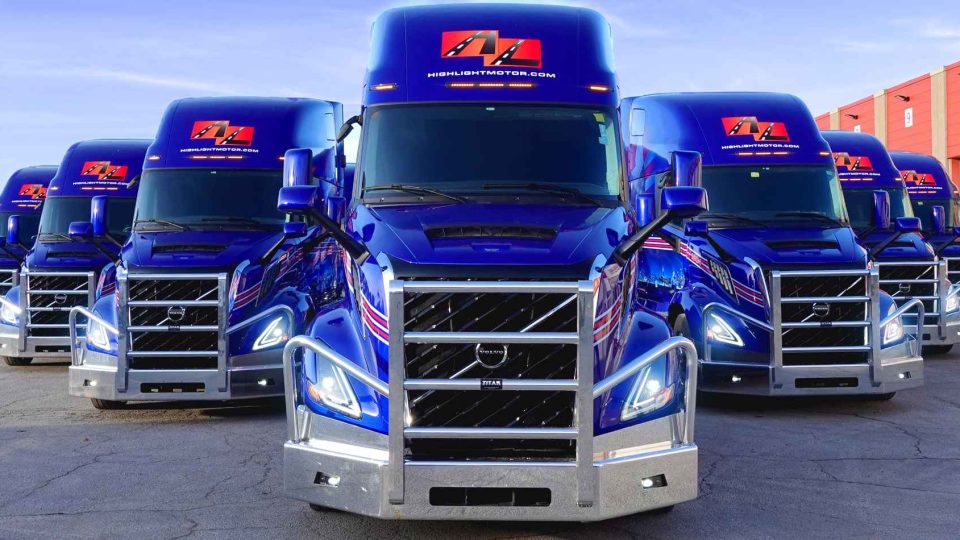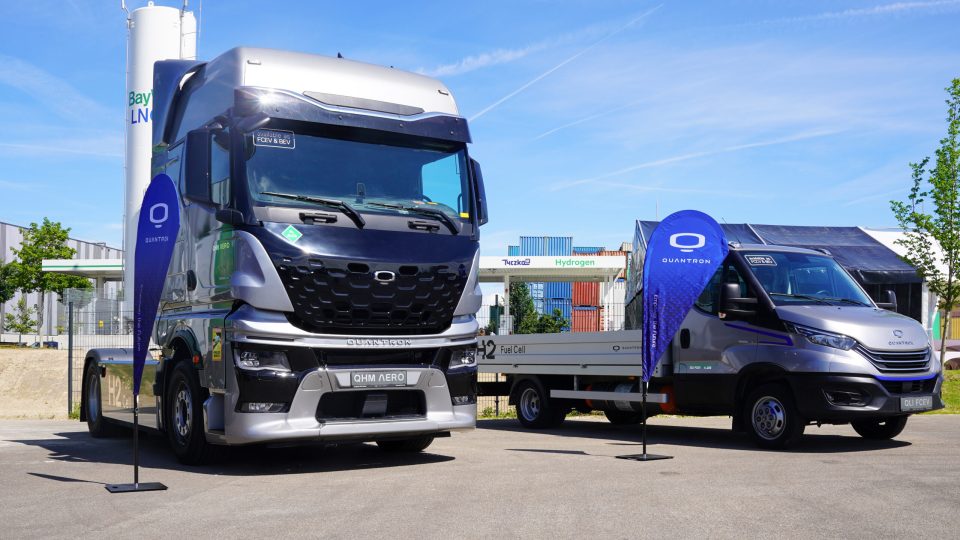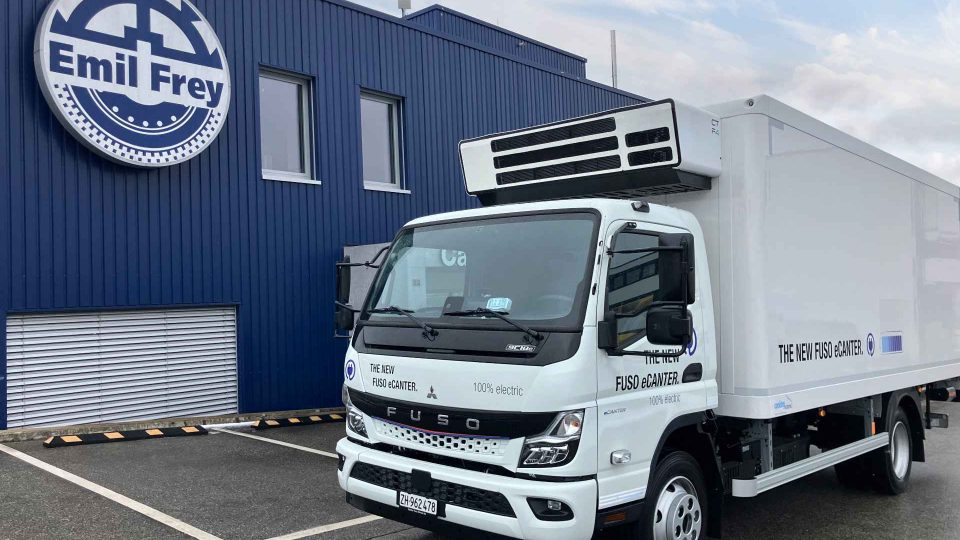Markus Dangelmaier is the new CEO of Northvolt Ett
The manager joins Northvolt Ett "at a critical time as we continue to ramp up operations at Europe's largest battery gigafactory. Together, we are driving forward our mission to enable the future of sustainable energy with world-class battery solutions", stated the Swedish company.

Markus Dangelmaier is the new CEO of Northvolt Ett in Skellefteå, Sweden, “a lithium-ion battery gigafactory that stands as Europe’s first homegrown response to opportunities and needs of an electric world”, as reported in the official website.
With over 20 years of leadership experience in the automotive industry, Dangelmaier went from leading plants in Germany, the Czech Republic, and South Korea, to overseeing 10 factories as VP Operations EMEA for TE Connectivity. The manager joins Northvolt Ett “at a critical time as we continue to ramp up operations at Europe’s largest battery gigafactory. Together, we are driving forward our mission to enable the future of sustainable energy with world-class battery solutions”, we read on the company’s LinkedIn account.
Northvolt Ett’s CEO Dangelmaier
“I will contribute with my experience in developing, launching, and delivering products to the automotive industry. We need to prove our production capabilities to our customers, investors, and other stakeholders. Success of Northvolt Ett is a priority for Northvolt, for our customers and for the European battery industry”, said the new Northvolt Ett CEO.
As you can read here, Northvolt has been struggling to overcome financial difficulties emerged in the last months. Last week, Northvolt major shareholders voted to continue operations. The Swedish company will now be forced to restructure its business.















